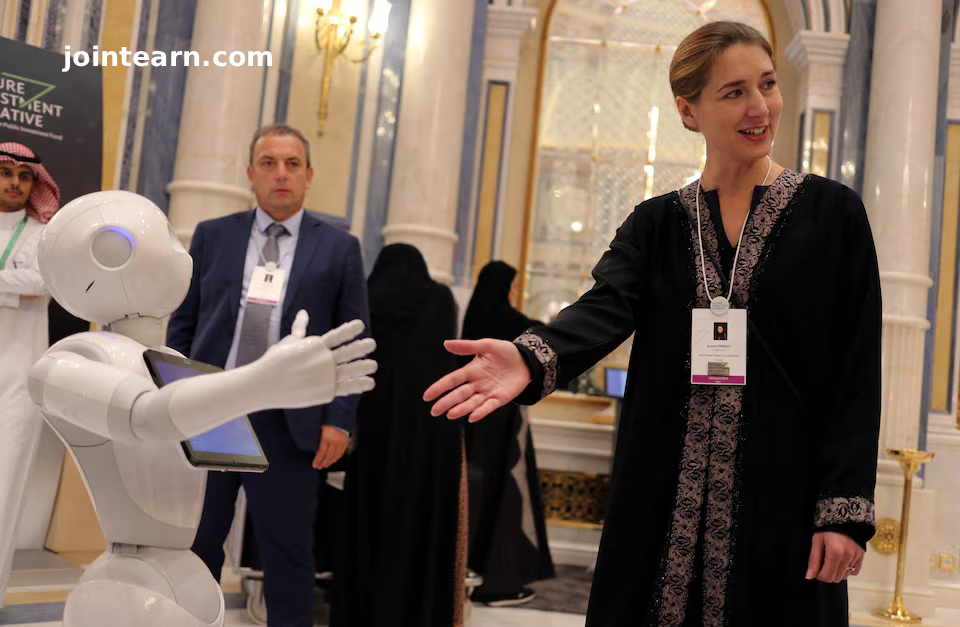
ABU DHABI, November 16, 2025 – Saudi Arabia is reducing salary premiums for foreign recruits, according to recruiters, as the kingdom pursues cost rationalization and refocuses its economic priorities. Once generous compensation packages, particularly in construction and manufacturing, are being scaled back as part of the country’s Vision 2030 economic transformation plan.
Shift in Focus: From Mega-Projects to AI and Logistics
The kingdom, the world’s largest oil exporter, has invested heavily in multi-billion-dollar megaprojects such as NEOM and the mountain tourism hub Trojena, creating strong demand for high-skilled international talent. Previously, foreign hires could negotiate salary premiums of 40% or more, sometimes doubling their pay. Today, offers are more restrained, reflecting the rationalization of spending amid slower project execution and fiscal pressures.
Recruiters note that companies are now rethinking compensation packages due to increased supply of international candidates willing to work in the region, combined with more cautious corporate budgeting.
Public Investment Fund Realignment
The $925 billion Public Investment Fund (PIF) has shifted priorities from infrastructure and real estate-heavy projects toward sectors promising higher returns, including:
- Artificial Intelligence (AI)
- Logistics and supply chain development
- Mining and industrial innovation
The recalibration comes as megaprojects like NEOM and Trojena experience delays and lower levels of new project awards, nearly halving in the first nine months of 2025, according to Kamco Invest.
Regional Talent Competition and Salary Comparisons
High-skilled foreign workers now compare offers from Saudi Arabia with neighboring United Arab Emirates (UAE), where tax-free salaries, robust infrastructure, and more liberal social policies have historically made it an attractive hub. Average salaries in Saudi Arabia are now only 5–8% higher than the UAE, reducing the incentive for foreign talent to relocate.
Recruiters highlight that attracting top talent now requires predictable packages, alignment with living costs, family-friendly benefits, and clear purpose tied to the scale of projects being developed.
Growing Domestic Labor Market and Reform
Saudi Arabia’s labor reforms have increased the participation of citizens in the private sector, boosting competition for high-paying positions. Unemployment among Saudis is at a historic low, and the number of Saudi nationals in private sector employment grew 31% between 2016 and mid-2025, further impacting the hiring dynamics for expatriates.
Experts note that the reduction in salary premiums is not a contraction but a sign of market maturity, with compensation increasingly linked to data, performance, and realistic market benchmarks.


Leave a Reply